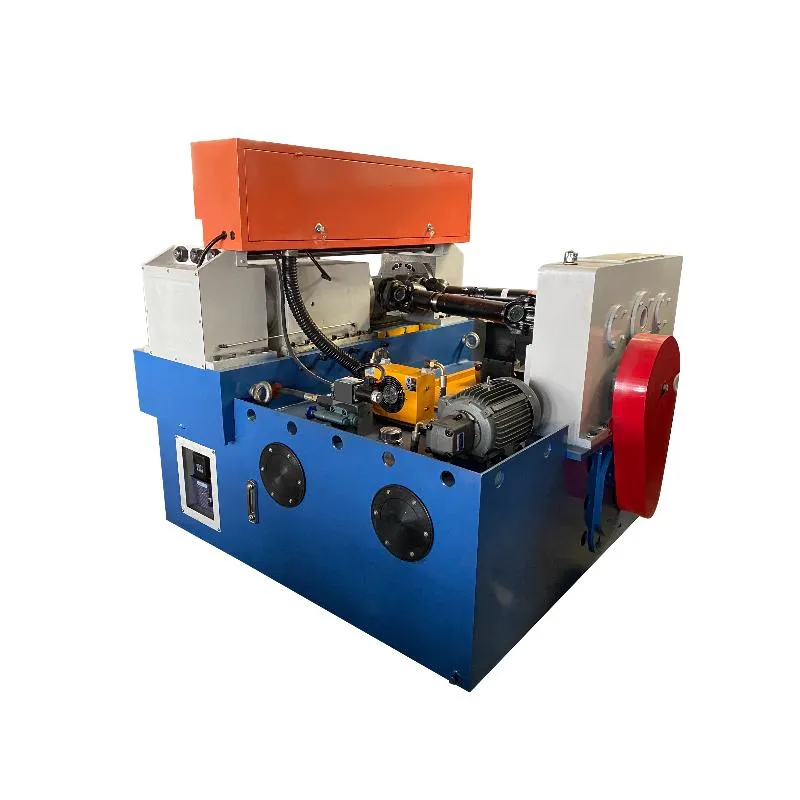
-
 Afrikaans
Afrikaans -
 Albanian
Albanian -
 Amharic
Amharic -
 Arabic
Arabic -
 Armenian
Armenian -
 Azerbaijani
Azerbaijani -
 Basque
Basque -
 Belarusian
Belarusian -
 Bengali
Bengali -
 Bosnian
Bosnian -
 Bulgarian
Bulgarian -
 Catalan
Catalan -
 Cebuano
Cebuano -
 Corsican
Corsican -
 Croatian
Croatian -
 Czech
Czech -
 Danish
Danish -
 Dutch
Dutch -
 English
English -
 Esperanto
Esperanto -
 Estonian
Estonian -
 Finnish
Finnish -
 French
French -
 Frisian
Frisian -
 Galician
Galician -
 Georgian
Georgian -
 German
German -
 Greek
Greek -
 Gujarati
Gujarati -
 Haitian Creole
Haitian Creole -
 hausa
hausa -
 hawaiian
hawaiian -
 Hebrew
Hebrew -
 Hindi
Hindi -
 Miao
Miao -
 Hungarian
Hungarian -
 Icelandic
Icelandic -
 igbo
igbo -
 Indonesian
Indonesian -
 irish
irish -
 Italian
Italian -
 Japanese
Japanese -
 Javanese
Javanese -
 Kannada
Kannada -
 kazakh
kazakh -
 Khmer
Khmer -
 Rwandese
Rwandese -
 Korean
Korean -
 Kurdish
Kurdish -
 Kyrgyz
Kyrgyz -
 Lao
Lao -
 Latin
Latin -
 Latvian
Latvian -
 Lithuanian
Lithuanian -
 Luxembourgish
Luxembourgish -
 Macedonian
Macedonian -
 Malgashi
Malgashi -
 Malay
Malay -
 Malayalam
Malayalam -
 Maltese
Maltese -
 Maori
Maori -
 Marathi
Marathi -
 Mongolian
Mongolian -
 Myanmar
Myanmar -
 Nepali
Nepali -
 Norwegian
Norwegian -
 Norwegian
Norwegian -
 Occitan
Occitan -
 Pashto
Pashto -
 Persian
Persian -
 Polish
Polish -
 Portuguese
Portuguese -
 Punjabi
Punjabi -
 Romanian
Romanian -
 Russian
Russian -
 Samoan
Samoan -
 Scottish Gaelic
Scottish Gaelic -
 Serbian
Serbian -
 Sesotho
Sesotho -
 Shona
Shona -
 Sindhi
Sindhi -
 Sinhala
Sinhala -
 Slovak
Slovak -
 Slovenian
Slovenian -
 Somali
Somali -
 Spanish
Spanish -
 Sundanese
Sundanese -
 Swahili
Swahili -
 Swedish
Swedish -
 Tagalog
Tagalog -
 Tajik
Tajik -
 Tamil
Tamil -
 Tatar
Tatar -
 Telugu
Telugu -
 Thai
Thai -
 Turkish
Turkish -
 Turkmen
Turkmen -
 Ukrainian
Ukrainian -
 Urdu
Urdu -
 Uighur
Uighur -
 Uzbek
Uzbek -
 Vietnamese
Vietnamese -
 Welsh
Welsh -
 Bantu
Bantu -
 Yiddish
Yiddish -
 Yoruba
Yoruba -
 Zulu
Zulu
Hydraulic Thread Rolling Machine with CE Certification for Enhanced Performance and Reliability
CE Certification for Hydraulic Thread Rolling Machines
In the manufacturing industry, the process of thread rolling is crucial for creating high-quality threaded components. Hydraulic thread rolling machines, known for their efficiency and precision, have become indispensable tools in various sectors, including automotive, aerospace, and construction. As industries strive to ensure safety, quality, and compliance with regulatory standards, CE certification has emerged as an essential credential for hydraulic thread rolling machines sold within the European Union. This article will delve into the significance of CE certification, the benefits it offers, and the critical aspects manufacturers should consider.
What is CE Certification?
CE certification is a European standard that signifies a product's conformity with health, safety, and environmental protection standards. The CE mark, which stands for Conformité Européenne, indicates that a product has been assessed and complies with relevant EU directives. For hydraulic thread rolling machines, achieving CE certification demonstrates that the equipment meets rigorous safety and performance standards, thereby protecting users and reducing the risk of accidents or failures.
The Importance of CE Certification for Hydraulic Thread Rolling Machines
1. Market Access For manufacturers looking to market their hydraulic thread rolling machines within the EU, CE certification is not merely a recommendation but a legal requirement. Without this certification, products cannot be sold or used in EU member states. By obtaining CE certification, manufacturers can access a vast market and expand their customer base.
2. Safety Assurance Hydraulic thread rolling machines involve high pressures and sophisticated mechanics, making safety a paramount concern. CE certification mandates that these machines undergo thorough testing and evaluation to ensure they operate safely and reliably. This assurance builds trust with customers and reduces the likelihood of liability issues arising from accidents or malfunctions.
3. Quality Control The process of obtaining CE certification requires manufacturers to implement stringent quality control measures. This oversight ensures that products are consistently manufactured to high standards, reducing defects and enhancing overall quality. For customers, this translates into greater reliability and performance in their operations.
4. Competitive Advantage In a competitive global market, having CE certification can provide manufacturers with a significant edge over competitors that do not meet these standards. Offering certified products can be a strong selling point, appealing to businesses that prioritize safety, quality, and compliance.
ce certification hydraulic thread rolling machine

The Process of Obtaining CE Certification
Achieving CE certification for hydraulic thread rolling machines involves several steps
1. Identify Applicable Directives Manufacturers must determine which EU directives apply to their machines. For hydraulic thread rolling machines, directives may include those related to machinery safety, electromagnetic compatibility, and environmental considerations.
2. Conduct a Risk Assessment A comprehensive risk assessment must be performed to identify potential hazards associated with the machine's operation. This assessment is crucial in developing strategies to mitigate risks.
3. Testing and Compliance The machine must undergo testing to ensure it meets the requirements outlined in the applicable directives. This may involve both internal testing and third-party assessments by notified bodies.
4. Technical Documentation Manufacturers must compile technical documentation that demonstrates compliance, including design specifications, risk assessments, and test results. This documentation must be kept available for regulatory inspections.
5. Declaration of Conformity Upon successful completion of the above steps, manufacturers must draft a Declaration of Conformity, affirming that the product meets all relevant EU standards. This declaration must accompany the machine when it is placed on the market.
Conclusion
CE certification is a critical requirement for manufacturers of hydraulic thread rolling machines seeking to enter the European market. By complying with the stringent standards set forth by the EU, manufacturers can ensure their products are safe, reliable, and of high quality. Moreover, CE certification not only facilitates market access and enhances customer confidence, but it also reflects a commitment to quality and safety. For manufacturers striving for excellence in their production processes, achieving CE certification is not just an obligation, but a strategic advantage in a competitive landscape.
